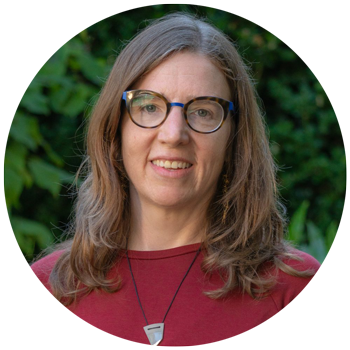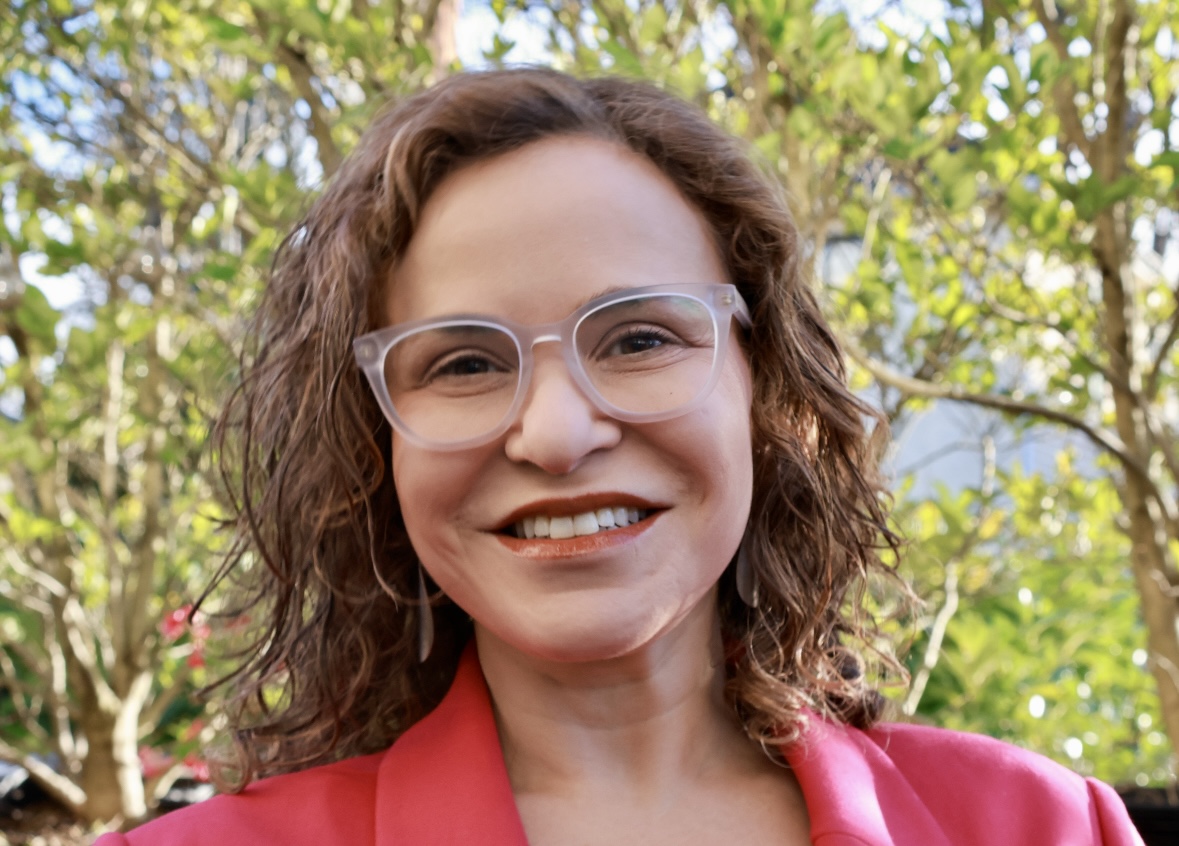

Dr. Siobhán Wittig McPhee, Associate Professor of Teaching, Department of Geography
Guest lectures, design thinking frameworks, and intentional reflection are just some of the tools employed by Dr. Wittig McPhee to engage learners with the theory and practice of Geography.
In GEOG 350: Urban Worlds, students form concrete connections between key disciplinary concepts and practical application by hearing directly from professionals about their work in areas such as sustainable engineering, census collection, and federal port stewardship.
They consider their positionality within the context of the work by reflecting on their social identity and integrating design thinking into their process for the final written assignment. By the end of the course, students will have contributed to an open source wiki which not only provides them with a tangible asset to showcase in the future, but also grows a resource to be used in future iterations of the course.
“I recognize that student’s careers don’t always have a direct connection to the discipline they studied, so I consider how we can focus on the skills they will use, such as critical thinking, regardless of the career they pursue.”
Through the integration of applied practical pieces (hearing from guest speakers and writing about relevant topics) with experiential learning (asynchronous videos or podcasts related to course concepts), students draw clear connections between course material, application beyond the classroom, and their own evolving skillsets.
- Recognize how theory can be applied to practical work across a variety of career paths
- Apply design thinking mindsets to career development
- Demonstrate understanding of how positionality informs work within and beyond the Academy
- Author critical academic interpretations of course themes in an accessible way
Learning Activities
Delivery
Small lectures
Method
Dr. Wittig McPhee worked with members of the Practical Learning team to identify professionals working in relevant fields to complement the theoretical aspects of the syllabus. She coordinated guest lectures, a career-focused workshop, and reflection exercises, all of which supported the final written assignment of the course.
For the final assignment, students wrote a wiki chapter in an open-source textbook addressing one of the course themes using an urban geography lens. Students’ development through the course was assessed via weekly reflections, collaborative comments, and the wiki assignment.
What motivated you to incorporate this type of activity into your course?
I see myself as a facilitator of knowledge and it’s important to me to teach the way I wish I’d been taught: with a focus on answering the “why” and not just accepting the facts that are presented. It’s important to really understand things and not just talk about them in theory, so it’s rewarding to see the lightbulb moment as students connect the relevance of the course material to the stories they are hearing.
On top of that, bringing new perspectives into the classroom keeps my own career interesting and allows me to flip the focus of lectures away from myself and onto the students.
What are some changes or improvements you want to make in the future?
I see value in bookending the 6-week course with the design thinking workshops facilitated by Julie Walchli, starting by equipping them with design thinking tools & mindsets from the beginning and ending with a clear connection of what they’ve learned through the guest lectures to their own career journey.
Additionally, I noticed that the final graded discussion resulted in more engaged discourse from the students. I intend to use that structure instead of individual reflections for each of the guest lecture reflections.
What have you heard from students about their experience?
Generally, the guest speakers were very well received by the students. They noted that they felt challenged to think about how useful certain aspects of the work can be, even if they don’t love doing that work (like collecting data).
With regards to the wiki writing assignment, students appreciated a different writing experience than they were used to, with a focus on evaluating, critiquing, and presenting information in an accessible way, not just summarizing it.
Do you have any suggestions for other instructors who are considering practical learning for their course?
Including this type of learning is so valuable to students, it’s so rewarding, and it’s so much work. Go in with the knowledge that it will take time and effort, and that it will make the course more fun, more engaging, and more mentally stimulating for you and the students.
Level of Difficulty: Medium
Course: GEOG 350: Urban Worlds
Number of Students: 50 to 75
Delivery: Guest lecture, facilitated reflection
Time: 50-minute lectures
Keywords: practical application, guest speakers, open source, design thinking


